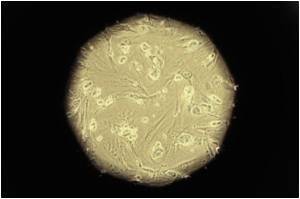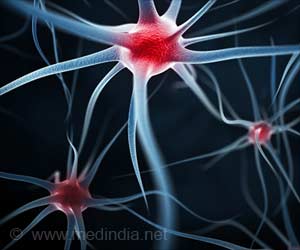A new study says that adding stem cells to the brain can reverse the loss of the specific nerve cells implicated in Parkinson's disease, by regeneration of the diseased tissues.

There are two types of stem cells considered in this context: embryonic stem (ES) cells, which are derived from early embryos; and induced pluripotent stem (iPS) cells, which are derived by reprogramming cells of the body such that they have the ability to generate any cell type.
The reprogramming proteins can be transferred directly into the cells (protein-based iPS cells) to transform them into iPS cells, which in process reverses the disease.
The study, led by Sang-Hun Lee, at Hanyang University, Republic of Korea, and Kwang-Soo Kim, at Harvard Medical School, Belmont, found that nerve cells derived from protein-based human iPS cells achieved this feat when transplanted into the brain of rats modelling Parkinson disease. They therefore conclude that protein-based human iPS cells could be used in the treatment of individuals with Parkinson disease.
Source-ANI











